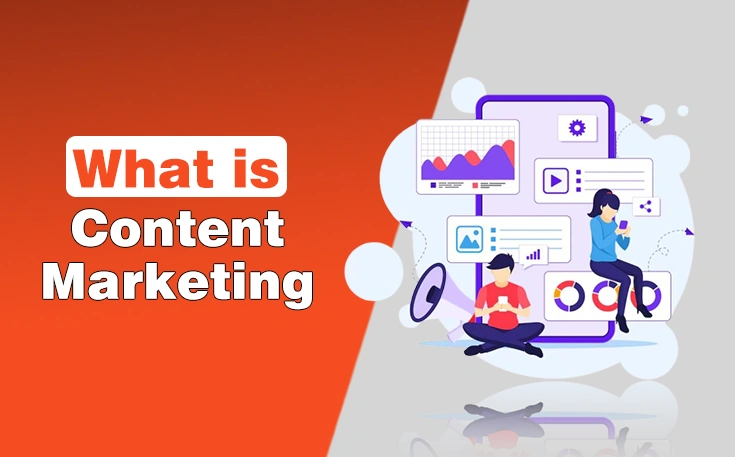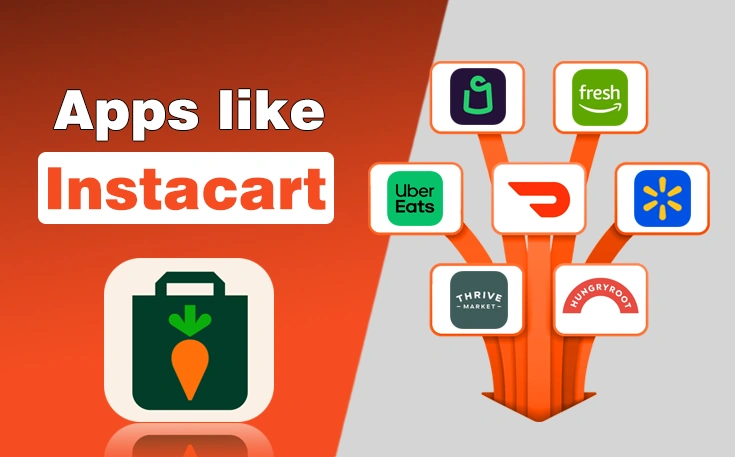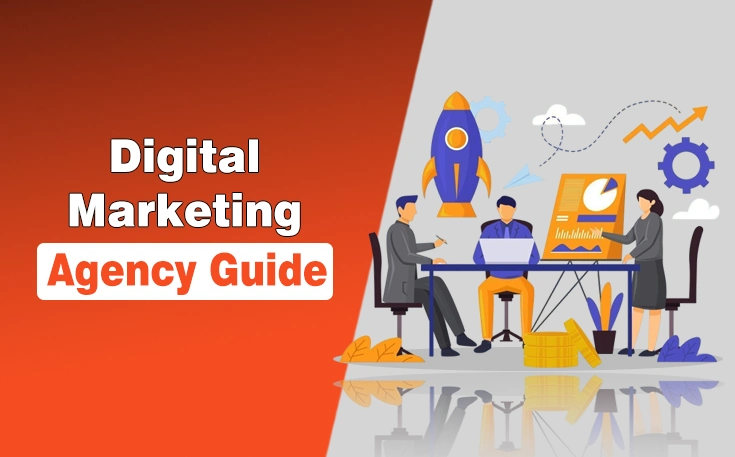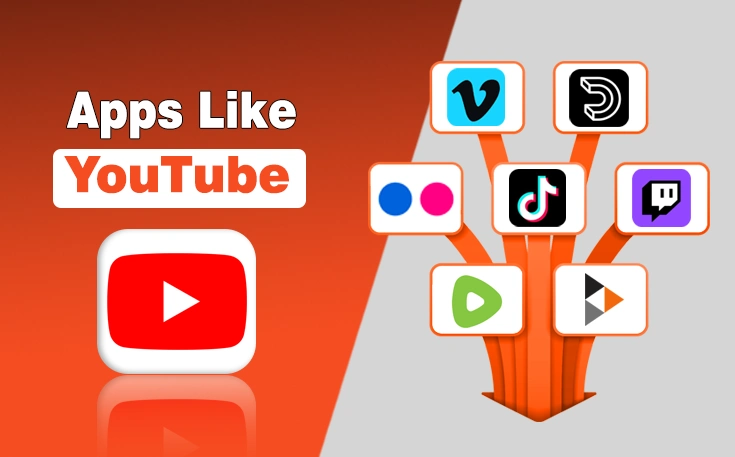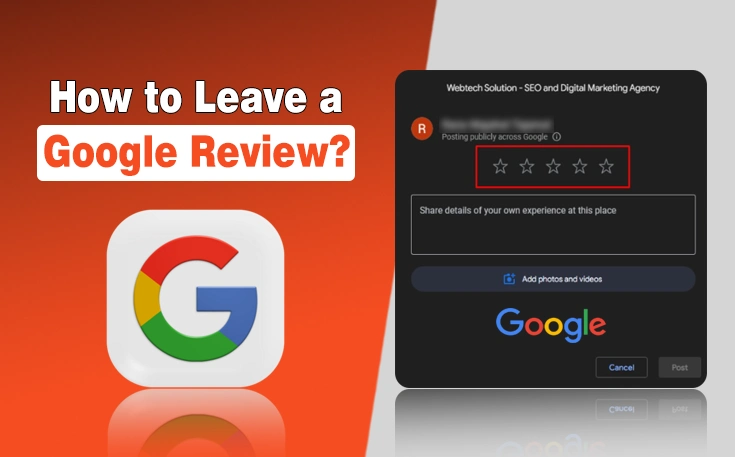Wanna be more strategic in your digital marketing campaigns? Then start with Content Marketing as it forms the basis of successful branding.
Over the years, content marketing has evolved significantly. Now, it has become one of the most powerful strategies for businesses to connect with their target audience, build trust, and drive profitable customer action.
In today’s digital landscape, where consumers see extensive advertisements, content marketing offers a more authentic and valuable way to engage audiences.
If you want to know more about what is content marketing, this complete guide is for you as I have mentioned everything here.
What is Content Marketing?
Content marketing is a strategic marketing approach focused on creating, publishing, and distributing valuable, relevant, and consistent content to attract and retain a clearly defined audience.
The ultimate goal is to generate profitable customer actions, such as purchases, subscriptions, or brand loyalty. Unlike traditional advertising that directly promotes products or services, content marketing aims to provide information, education, or entertainment to meet the audience’s needs.
Why Content Marketing is Important in 2025
As we step into 2025, content marketing benefits are getting more extensive and even become more critical for businesses due to several factors:
- Changing Consumer Behavior: Modern consumers prefer to research and educate themselves before making a purchase. They trust brands that provide useful content rather than aggressive sales pitches.
- Increased Digital Consumption: With more people spending time online, especially on social media, blogs, podcasts, and video platforms, content marketing helps brands reach their audience where they are most active.
- SEO and Visibility: Search engines like Google prioritize high quality content. Businesses that consistently produce valuable content rank higher in search results which increases their visibility.
- Trust and Credibility: Providing helpful and appealing content builds trust with your audience and allows you to position your brand as an authority in your industry.
- Cost Effective: Compared to traditional advertising, content marketing often delivers a higher return on investment (ROI). It is because it continues to attract leads long after the content is published.
Types of Content Marketing
Content marketing is not limited to blog posts or articles. It encompasses a wide range of formats, each serving different purposes and audiences. I have enlisted the key types you have to focus on:
- Blog Posts: One of the most common forms of content, blogs help drive traffic to websites, improve SEO, and establish authority.
- Videos: Video content is highly engaging and versatile, suitable for tutorials, product demos, customer testimonials, and storytelling.
- Social Media Posts: Platforms like Instagram, LinkedIn, Twitter, and Facebook allow brands to share bite sized content, engage with audiences, and build communities.
- Podcasts: Audio content is on the rise as it offers brands a unique way to reach audiences during their commutes, workouts, or downtime.
- Infographics: These visually appealing graphics simplify complex information and it easy to understand and share.
- E books and Whitepapers: Long form content provides indepth knowledge on specific topics, often used for lead generation.
- Case Studies: Showcasing real life success stories demonstrates how your product or service solves problems.
- Email Newsletters: Regular email updates keep your audience informed, engaged, and connected to your brand.
- Webinars and Online Events: Live or recorded sessions allow interactive learning and direct engagement with your audience.
Steps to Create an Effective Content Marketing Strategy
To create an effective content marketing strategy, you have to follow some essential steps. I have mentioned them below:
- Define Your Goals: What do you want to achieve with content marketing? Goals can include brand awareness, lead generation, customer retention, or increasing sales.
- Know Your Audience: Understand your target audience’s needs, preferences, and pain points. Create detailed buyer personas to guide your content creation.
- Content Planning: Develop a content calendar to organize your publishing schedule. Consider content formats, topics, and distribution channels.
- Content Creation: Focus on creating high-quality, original, and E-E-A-T friendly content. Ensure it is well researched, engaging, and aligned with your brand’s voice.
- Content Distribution: Share your content across multiple channels where your audience is active, such as your website, social media platforms, email, and third party sites.
- Engagement and Interaction: Content marketing is not just about broadcasting. In fact, it is about improving conversations. You should respond to comments, messages, and feedback to build relationships.
- Measure and Analyze: Use analytics tools to track the performance of your content. Key metrics include website traffic, engagement rates, conversion rates, and ROI.
- Optimize and Improve: Based on the data, refine your content strategy. Identify what works, what doesn’t, and how you can improve.
Curated content is the one that can help you understand the requirements of your audience and provide them with their desired solutions. That’s why you should understand the intent and purpose behind the queries your audience makes.
Answer those questions by creating healful content to ensure that you can engage your audience and build trust with them.
Content Marketing Trends in 2025
Content Marketing benefits are tremendous as it can let you achieve all the desired objectives from your marketing campaigns.
- Personalization: Personalized content that resonates with individual preferences and behaviors increases engagement and conversions.
- Voice Search Optimization: Considering the rise of smart speakers and voice assistants, you should optimize content for voice search for better outcomes.
- Interactive Content: Quizzes, polls, calculators, and interactive infographics enhance user engagement by providing an immersive experience.
- Short Form Video Dominance: Platforms like TikTok, Instagram Reels, and YouTube Shorts have popularized short and engaging videos.
- Sustainability and Ethical Content: Consumers are increasingly conscious of social and environmental issues. Brands that showcase authenticity, transparency, and sustainability in their content build stronger connections.
- Content Communities: You should also focus on building online communities around your content because it guarantees brand loyalty and advocacy.
- Ephemeral Content: Temporary content, like Instagram Stories or Snapchat posts, creates a sense of urgency and drives immediate engagement.
Final Thoughts
These are the details about what is content marketing as in 2025, this marketing tactic is more than just creating blog posts or social media updates. It is about delivering meaningful, valuable experiences that resonate with your audience and drive business growth.
As technology and consumer behavior continue to evolve, brands that embrace creativity, authenticity, and data driven strategies will thrive. Whether you are a small business or a global enterprise, content marketing remains a powerful tool to connect, engage, and inspire.

